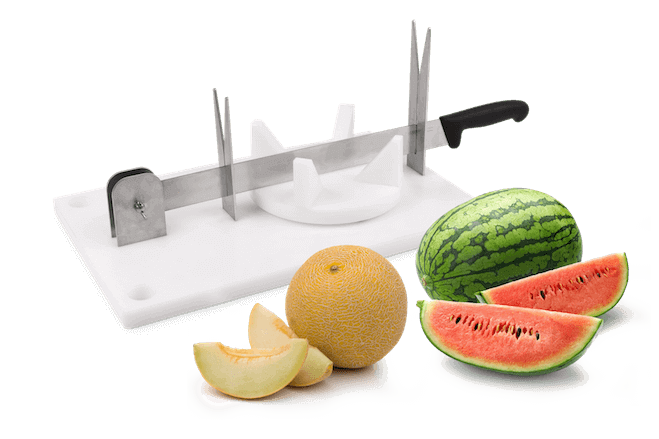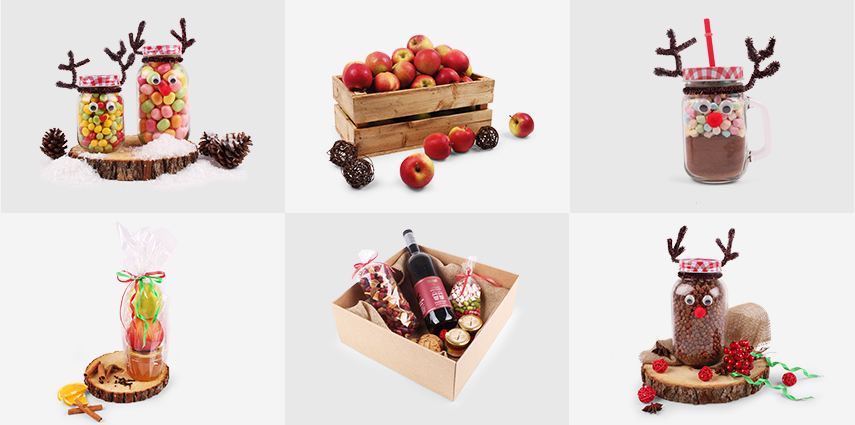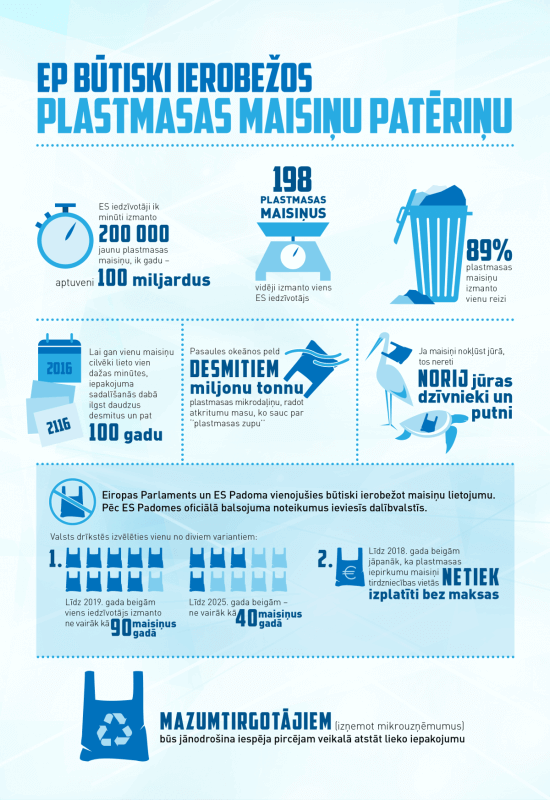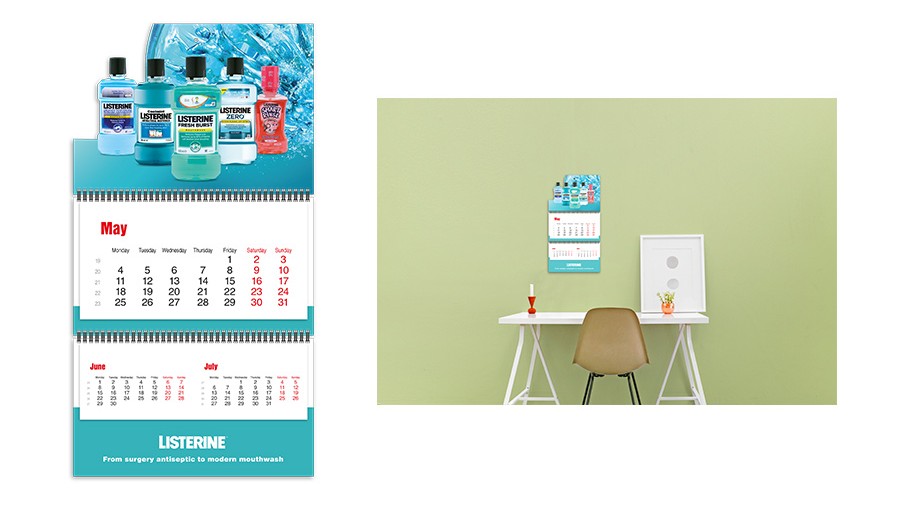Sustainability Meets Safety with Eco-Friendly Pallet Collars 
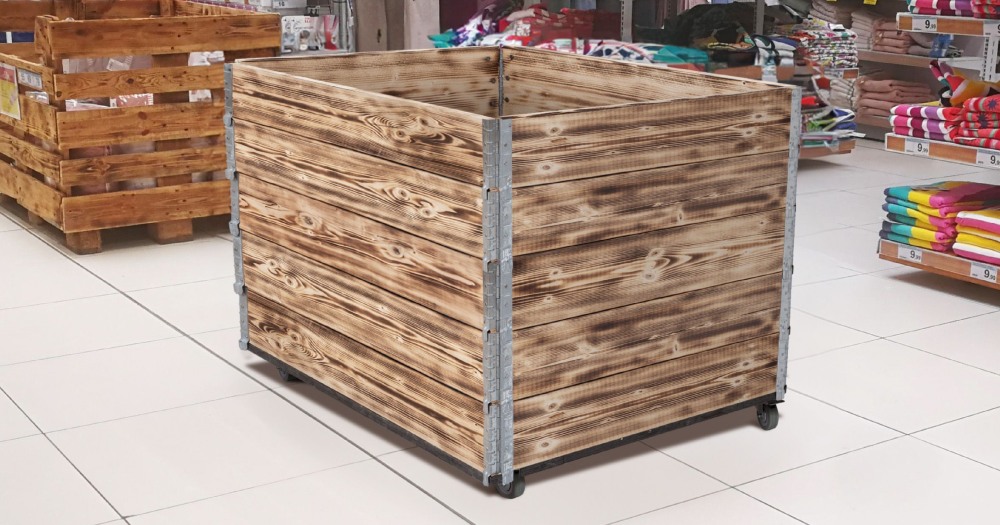
As a marketing agency specializing in strategies that promote business growth, SprintLab recognizes the vital role that eco-friendly practices play in shaping brand reputation and market success. Something as little as eco-friendly pallet collars can be a huge step into the right direction.
Today’s consumers are not just concerned about the quality and pricing of products. They are also keen on how businesses manage their environmental footprint. And this concern extends beyond product packaging to include logistics and supply chain management, where elements such as pallet collars come into play.
So in this blog post we will explore the realm of eco-friendly pallet collars, shedding light on sustainable material options like recycled plastic and sustainably sourced wood. Also, we would like to demonstrate how choosing these options aligns with your supermarket’s sustainability goals without compromising on safety.
Start embracing eco-friendly pallet collars
In an era where sustainability is more than just a buzzword, integrating eco-friendly pallet collars into your logistics process helps reduce your environmental footprint.
And these pallet collars, made from sustainable materials, are reusable, recyclable, and can even be biodegradable. That way surely they can provide an excellent option for supermarkets keen on green initiatives.
Two primary materials come to the forefront when considering eco-friendly pallet collars: sustainably sourced wood and recycled plastic.
Sustainably sourced wood
Wood sourced from managed forests ensures that for each tree felled, another is planted in its place. This practice preserves the forest ecosystem while providing durable and robust material for pallet collars.
Moreover, wooden pallet collars can be easily repaired, reused, and eventually recycled into biomass fuel at the end of their lifespan. In the photo below you can see great options from ColorWood Latvia brand that gets renowned wood and creates pallet collars and not only. They are a great example of sustainability!
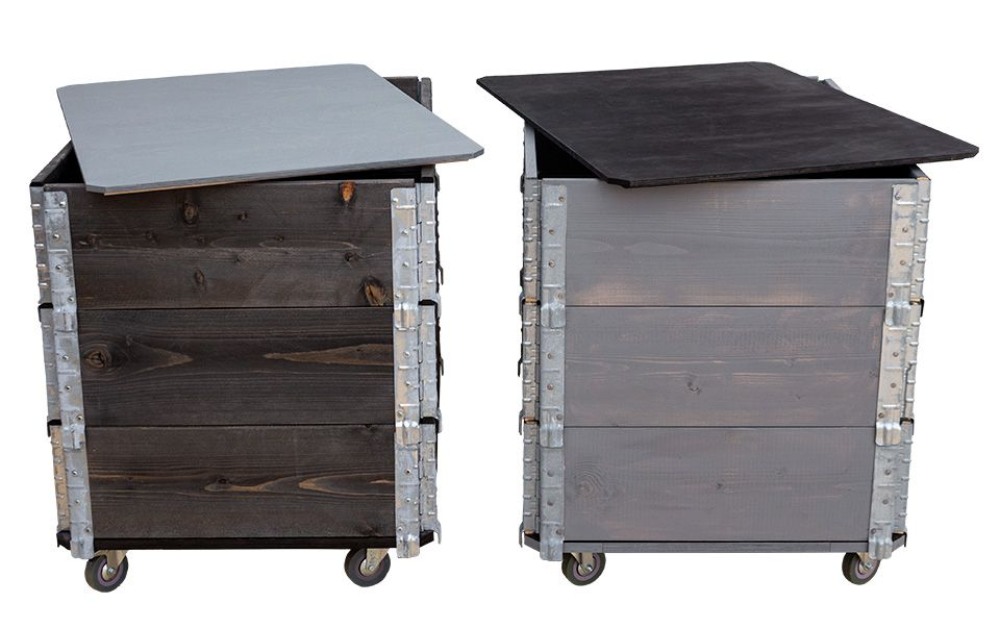
Recycled plastic
Plastic pallet collars made from recycled material provide a robust and reusable option. They are highly resistant to damage, moisture, and pests. And without a doubt, that is making them perfect for conditions that would otherwise be unsuitable for wood.
Plus, once their life cycle is complete, they can be recycled once more, creating a closed-loop system that reduces waste.
IKEA‘s switch to the ‘Optiledge’ system, using recycled plastic, has reduced their need for traditional wooden pallets. That way they are easily showing a commitment towards sustainability.
Learn how to balance sustainability and safety
Embracing sustainability doesn’t mean compromising on safety. Eco-friendly pallet collars made from sustainably sourced wood or recycled plastic maintain the same, if not improved, levels of safety as their traditional counterparts.
It is important to ensure these pallet collars meet the standard safety regulations and guidelines for your own specific industry.
Regardless of the material, these collars should be:
- structurally sound,
- free from protruding nails or other hazards,
- capable of safely carrying the intended load.
Training staff on the correct use and regular inspections of these collars will further ensure safety.
So in conclusion, eco-friendly pallet collars offer a powerful means for supermarkets to express their commitment to sustainability. These options align with the needs of an increasingly conscious consumer base that values environmentally responsible practices.
At SprintLab, we understand the importance of making choices that not only benefit your business but also contribute to a sustainable future. And together, let’s leverage sustainable logistics practices like eco-friendly pallet collars to create a business model that is resilient, competitive, and environmentally friendly.
More about sustainability and other practices that are dear to our blog, see our following articles:
Thanks for reading our articles!




